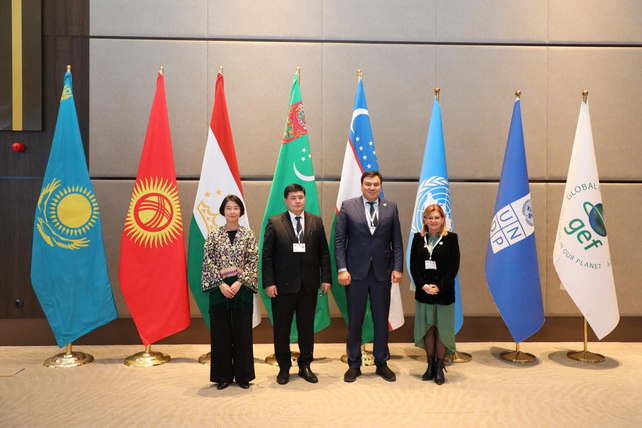
Central Asian Countries Agree on Unified Biodiversity Strategy Ahead of CITES Summit
Central Asian Countries Agree on Unified Biodiversity Strategy Ahead of CITES Summit
Tashkent, Uzbekistan (UzDaily.com) — Representatives from Central Asian countries have developed a joint strategy to protect the region’s unique ecosystems ahead of the CITES CoP20 global conference, according to the National Committee for Ecology. The consultations took place on 23 November with support from the United Nations Development Programme (UNDP).
Negotiators focused on safeguarding key wildlife species that serve as indicators of regional ecological health, including the snow leopard, saiga antelope, and kulan.
The countries agreed to intensify collaborative efforts to restore natural habitats in mountain, desert, and steppe zones and to secure migratory routes for animals.
The meeting also highlighted prospective initiatives under the ninth cycle of the Global Environment Facility (GEF-9). These projects aim to establish transboundary ecological corridors, standardize monitoring, and enable rapid data exchange between neighboring countries.
Officials emphasized plans to increase public engagement in conservation activities. Participants said the region is prepared to present a consolidated position at the upcoming CITES conference and stressed the importance of transforming environmental commitments into concrete projects with measurable outcomes.